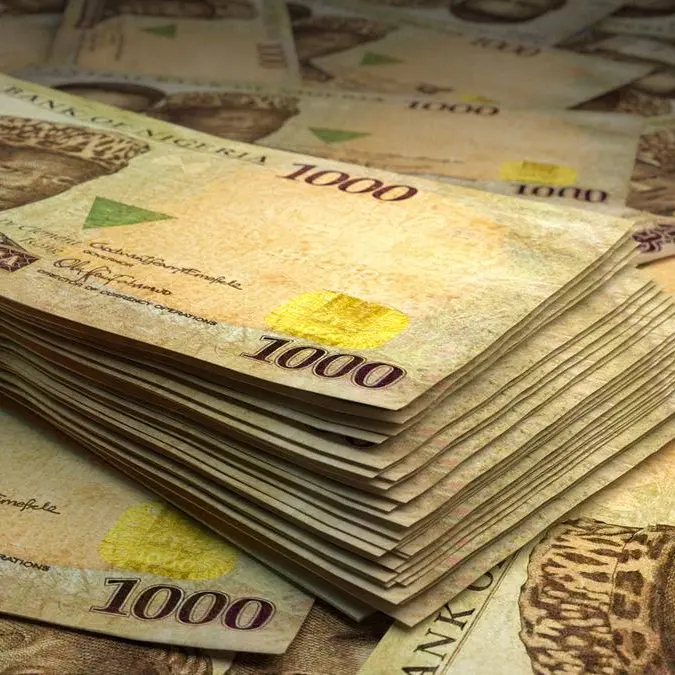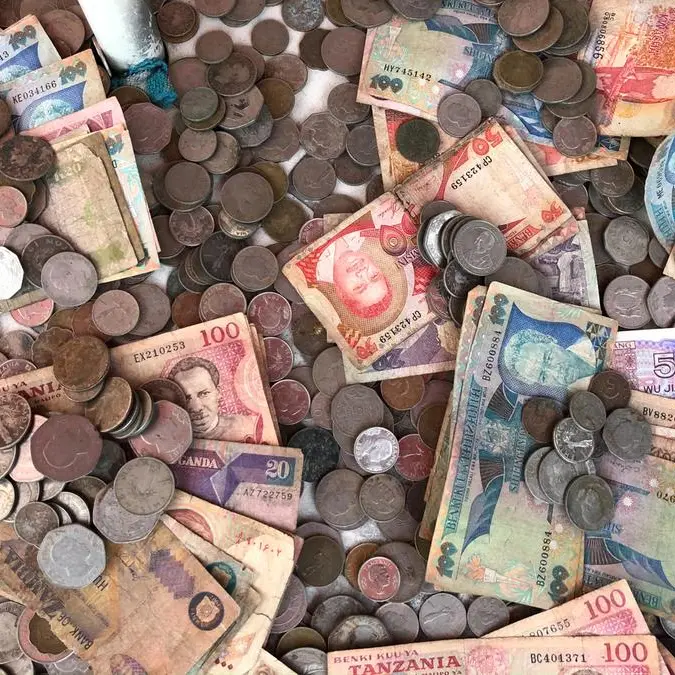PHOTO
Euro zone government bond yields inched away from multi-month lows on Thursday, as markets weighed expectations for European Central Bank interest rate cuts and the escalating conflict in the Middle East.
Germany's 10-year yield, the benchmark for the euro zone, was last up 4 basis points (bps) at 2.144%.
It fell to its lowest level since Jan. 4 on Tuesday at 2.011%, before rebounding on Wednesday as traders gauged how the escalating conflict in the Middle East could affect the inflation outlook. Bond yields move inversely to prices.
A risk-off tone in financial markets helped drive German yields lower earlier this week, as investors put more emphasis on the relative safety of German bunds, yet the move has been reversed over the last two days.
"When I think of the market reaction, first you see a risk-off move which sees bonds rally, but from a longer term perspective it's also inflationary," said Mohit Kumar, chief economist Europe at Jefferies.
"It's not obvious to me that we should get a big rally in longer-dated bonds because oil prices and breakevens should move higher."
Oil prices have climbed since Tuesday on worries that the prospect of a widening Middle East conflict could disrupt crude oil production and exports from the region.
Meanwhile, weak growth indicators in the euro area and inflation falling below the ECB's 2% target have also helped to push yields lower recently, and prompted major Wall Street banks to bring forward easing expectations, with most now expecting the ECB to lower borrowing costs in October.
Market pricing reflects around a 95% chance of a 25 basis point (bp) rate cut this month, following quarter-point reductions at the June and September policy meetings.
"ECB speakers have confirmed the market pricing," said Mohit Kumar, chief economist Europe at Jefferies, referring to speeches from President Christine Lagarde and usually hawkish policymakers Ollie Rehn and Isabel Schnabel.
Germany's two-year yield was up 2 bps at 2.069%.
Italy's 10-year yield was up 4.5 bps at 3.484%, after hitting its lowest since August 2022 on Tuesday at 3.338%. The spread between Italian and German 10-year yields was steady at 133 bps.
France's 10-year yield was up 5.5 bps to 2.93%, as markets absorbed 12 billion euros of long-dated bond supply, which analysts were closely watching after France's new government announced tax rises and spending cuts to lower the deficit this week.
The spread between French and German 10-year yields widened slightly to 79 bps.
(Reporting by Samuel Indyk; Editing by Mark Potter and Alex Richardson)




















